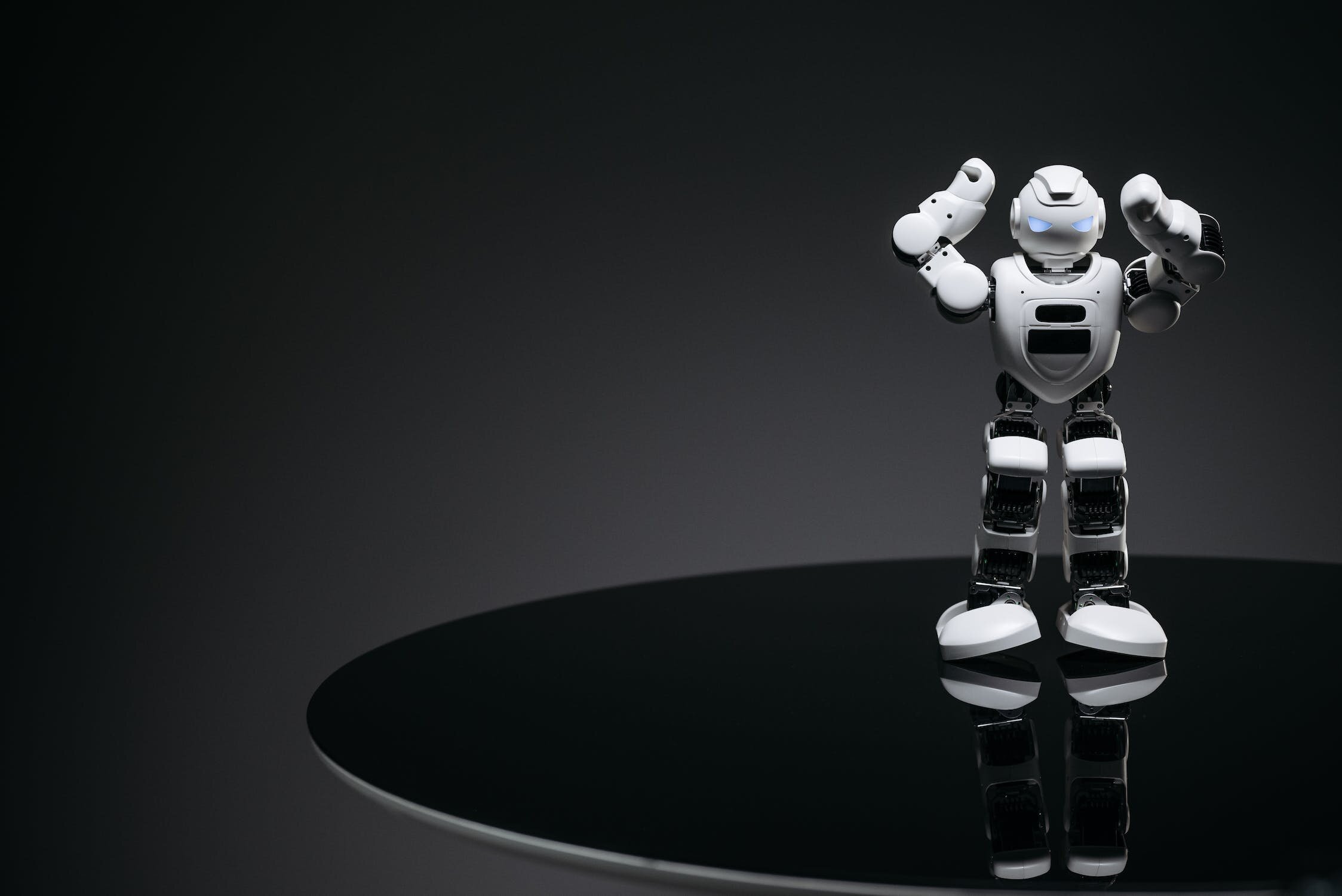Since their invention, robots have advanced significantly. They now play a crucial role in our daily lives and will only grow more so in the future. But immense power also entails great responsibility. We must recognize the difficulties that arise with robots as they get more sophisticated. We will look at some of the main obstacles and expectations for robots in the future in this piece.

1. Ethical concerns
Ethical issues will be one of the main problems facing robots in the future. Robots will be able to perform duties that were previously only performed by humans as they get more intelligent. This calls into question the morality of using robots in certain contexts. Should robots be employed in battle, for instance? Should human employees be replaced by robots? These are but a few of the ethical issues that require attention.
2. Safety concerns
Another challenge for robots in the future is safety concerns. Robots are becoming increasingly intelligent and are used in more situations. Notwithstanding this, anything can go wrong at any time. For example, a malfunctioning robot might damage property or put humans in danger. It is essential to make sure robots are constructed with safety in mind.
3. Job displacement
There’s a chance that human labor may be replaced by robots as they become more sophisticated. Unemployment and job displacement might result from this. Finding strategies to make sure people don’t get left behind as robots proliferate in the job is crucial.
4. Cybersecurity
Cybersecurity will be a problem for robots in the future. Robots are more susceptible to cyberattacks as they grow more networked. Making ensuring robots are built with cybersecurity in mind is crucial.
5. Environmental impact
Robots pose a threat to the environment as they grow more and more integrated into our daily lives. For instance, there may be more waste and pollution produced during the manufacture and disposal of robots. Finding solutions to lessen the negative environmental consequences of robotics is essential.

Despite these challenges, there are also hopes for the future of robots.
1. Improved quality of life
An enhanced quality of life for humans is one potential outcome of robots in the future. Robots are capable of carrying out risky or challenging activities that humans are not, such as space flight and surgery. People could have higher living standards as a result of this.
2. Increased efficiency
Enhanced efficiency represents another area of hope for robots in the future. Robots are more productive and efficient than humans because they can do jobs faster and with greater accuracy.
3. Improved healthcare
Robots have already greatly improved healthcare since they can do surgery and help with physical rehabilitation. It is anticipated that in the future, robots will help to enhance healthcare by offering individualized care and support.
In conclusion, there are several prospects and aims for advancement in a variety of disciplines, including as healthcare, space exploration, and productivity, despite the evident problems connected with the future of robots.







+ There are no comments
Add yours